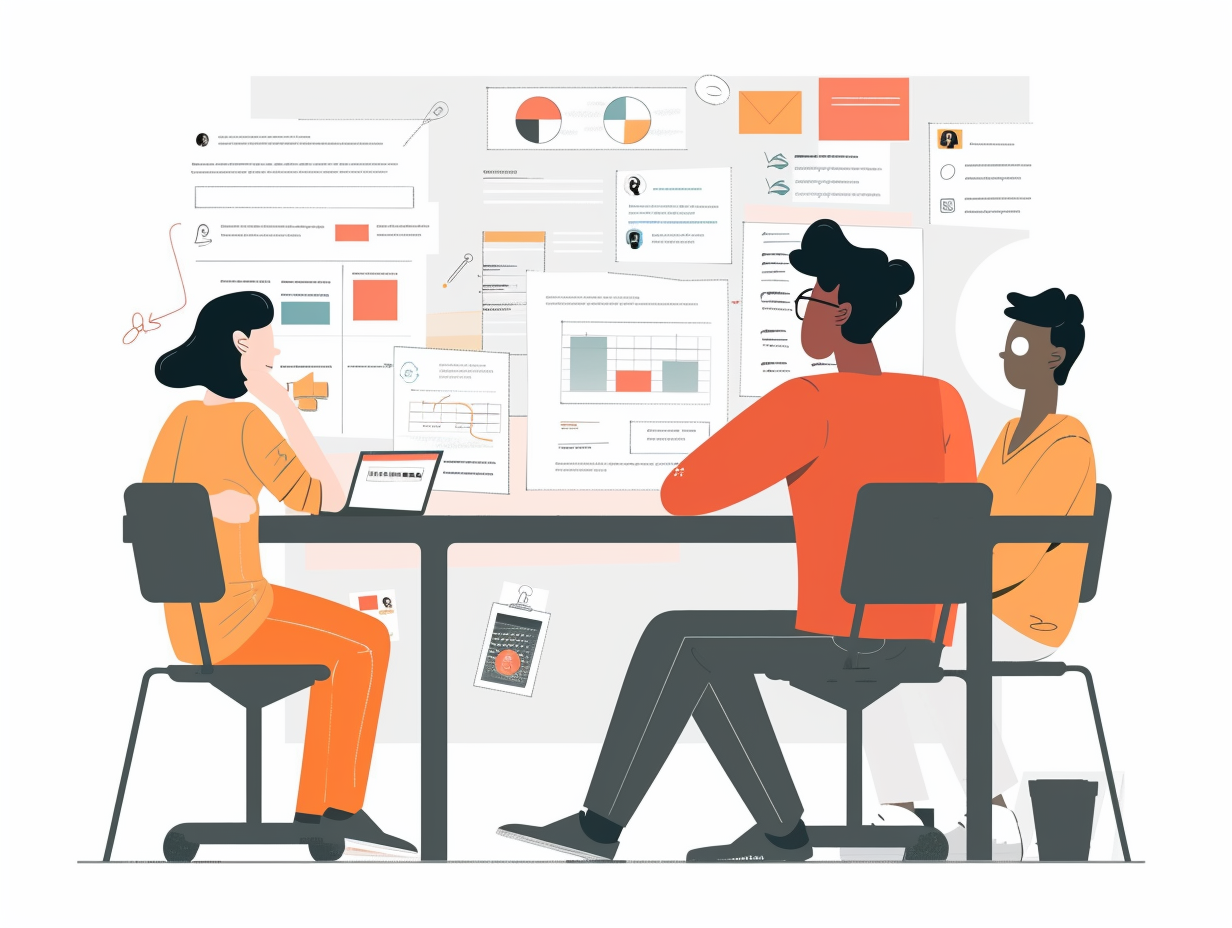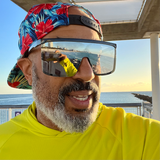High Agency: A Crucial Personality Trait for UX Consultants
Displaying a high agency mindset involves taking deep ownership and initiative, acting as a catalyst for positive change. It’s about actively shaping the work environment to foster strategic growth, demonstrating the ability to navigate challenges and enabling impactful outcomes.

In the dynamic world of User Experience (UX) design, one personality trait stands out as a game-changer: high agency. Here’s why high agency is so vital for UX consultants and how it manifests in their work. But first, what does it mean to have this personality trait?
High-agency UX consultants actively guide teams toward innovative solutions, adapt to new information, and navigate complex situations with confidence. It’s the capacity to take control of one’s actions and environment, make informed decisions independently, and effect positive change despite the project based situational challenges.
Displaying a high agency mindset involves having a proactive attitude, where individuals do not merely react to circumstances but actively shape them. High-agency individuals possess self-efficacy, resilience, and a forward-thinking mindset that allows them to overcome obstacles and drive progress.
Achieve High Agency Through Empathy
By holding a sense of empathy for all stakeholders— the business client, team members, and especially the end-users/consumer— one can foster the foundations of having high agency. This empathy enables a deeper understanding of the landscape of factors at play, enabling an ability to identify what can be influenced and what is beyond control. Understanding these limits while elevating key issues to decision-makers fosters collaboration and breaks down silos. This united approach leads to improved project outcomes and better user experiences.
To develop high agency, UX consultants can:
- Cultivate Empathy: Regularly practice active listening and strive to understand the perspectives and needs of all stakeholders, from decision-makers to users/customers.
- Stay Informed: Continuously learn and remain open to new trends, tools, and methodologies in UX design and adjacent fields.
- Proactive Problem-Solving: Anticipate potential challenges within the project or across the delivery process and address them before they escalate.
- Build Resilience: Develop the ability to adapt to changing circumstances and recover quickly from setbacks.
- Effective Communication: Hone the skills to present ideas clearly and persuasively, ensuring all stakeholders are aligned.
- Collaborate and Network: Engage with peers and industry experts to broaden knowledge and gain new insights, fostering higher agency thinking.
- Reflect and Improve: Regularly assess your own performance, seek feedback to identify areas for growth, and integrate those new insights to move forward effectively.
Every UX project faces moments where conventional wisdom and established practices dominate the conversation, potentially stifling innovation. High agency helps to bring fresh human insights into the project. Rather than polarizing discussions into right versus wrong debates, a high-agency consultant integrates new knowledge with existing understanding. This approach fosters a space where old and new perspectives can coexist, requiring confidence and adeptness with social dynamics to guide the team smoothly.
Demonstrating High Agency
A UX consultant aiming to embrace high agency should focus on enhancing both their deep analytical abilities and their broad perspective. Techniques like the "5 Whys" help uncover deeper understandings and pave the way for more collaborative thinking. Exploring how similar issues have been resolved in other industries and considering recent innovative developments are also key aspects of high agency. For UX consultants, possessing high agency can be the difference between merely following industry norms and driving transformative change.
The industry is more than just “this guy’s” personal perspective. The goal of this article is to highlight pathways to developing the high agency mindset, with signposts on the importance of navigating complex situations, integrating new information, and guiding teams toward innovative solutions. However, it does not explicitly emphasize the proactive nature and self-efficacy that are core to having high agency skills. Displaying high agency involves a deeper level of ownership and initiative, ensuring that the consultant is not just a participant but a catalyst for positive change. To truly embody a high agency mindset, a UX consultant must not only adapt and navigate with agency but also actively shape the project environment and foster strategic growth.
Conclusion
High agency encapsulates empathy, independent thinking, and adaptive problem-solving. Values that align well with the work we do here at Humanjava Enterprises, and as exemplified by Vergel Evans. It involves improving experiences for users, collaborating effectively with teammates, and aligning with broader business goals. Embodying a high agency way of thinking transforms UX consulting from a task-oriented role into a journey of continual learning and innovation.
By fostering a sense of purpose and clarity, high-agency UX consultants can drive better results and create meaningful growth and far-reaching, long-lasting change.





